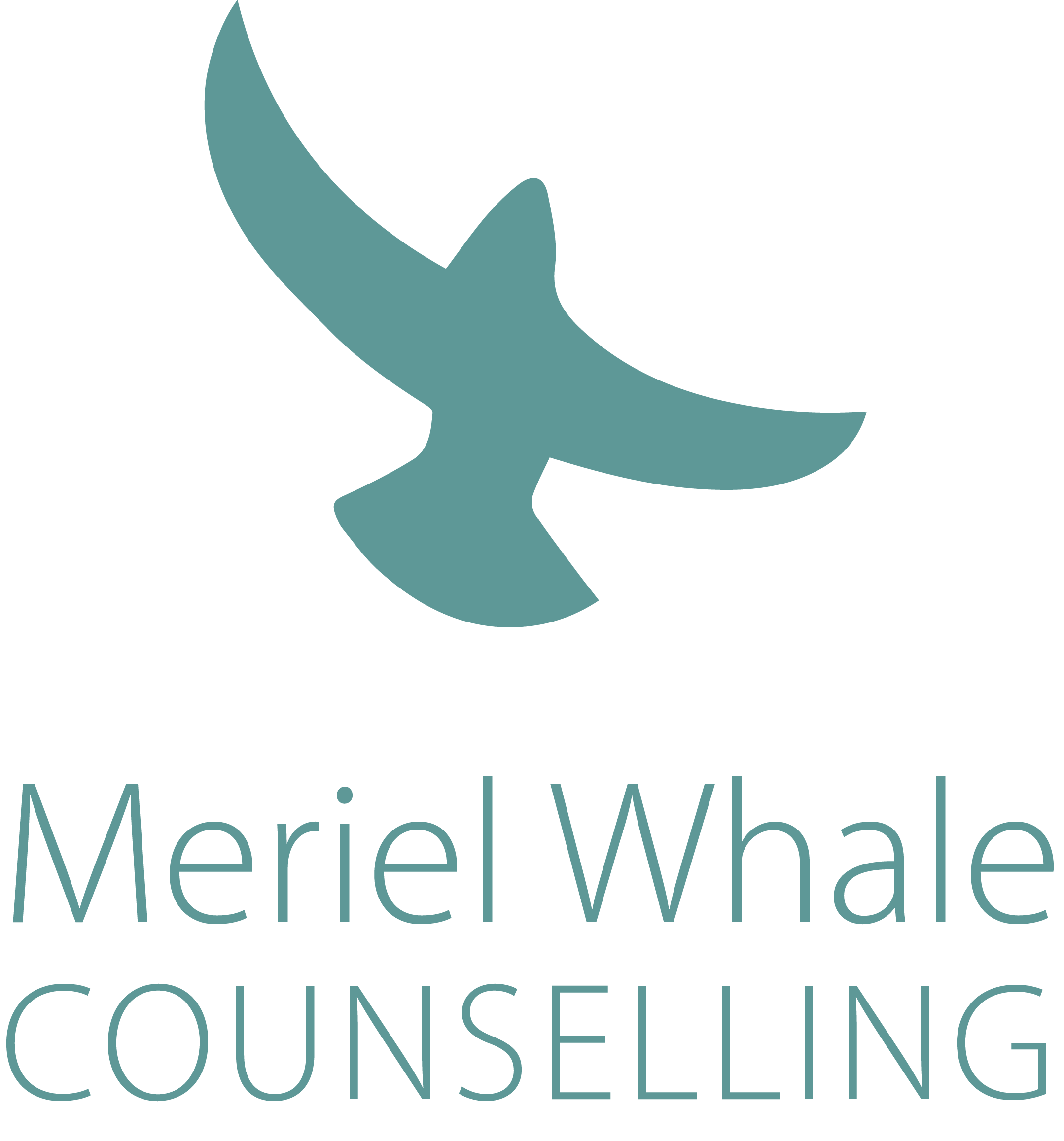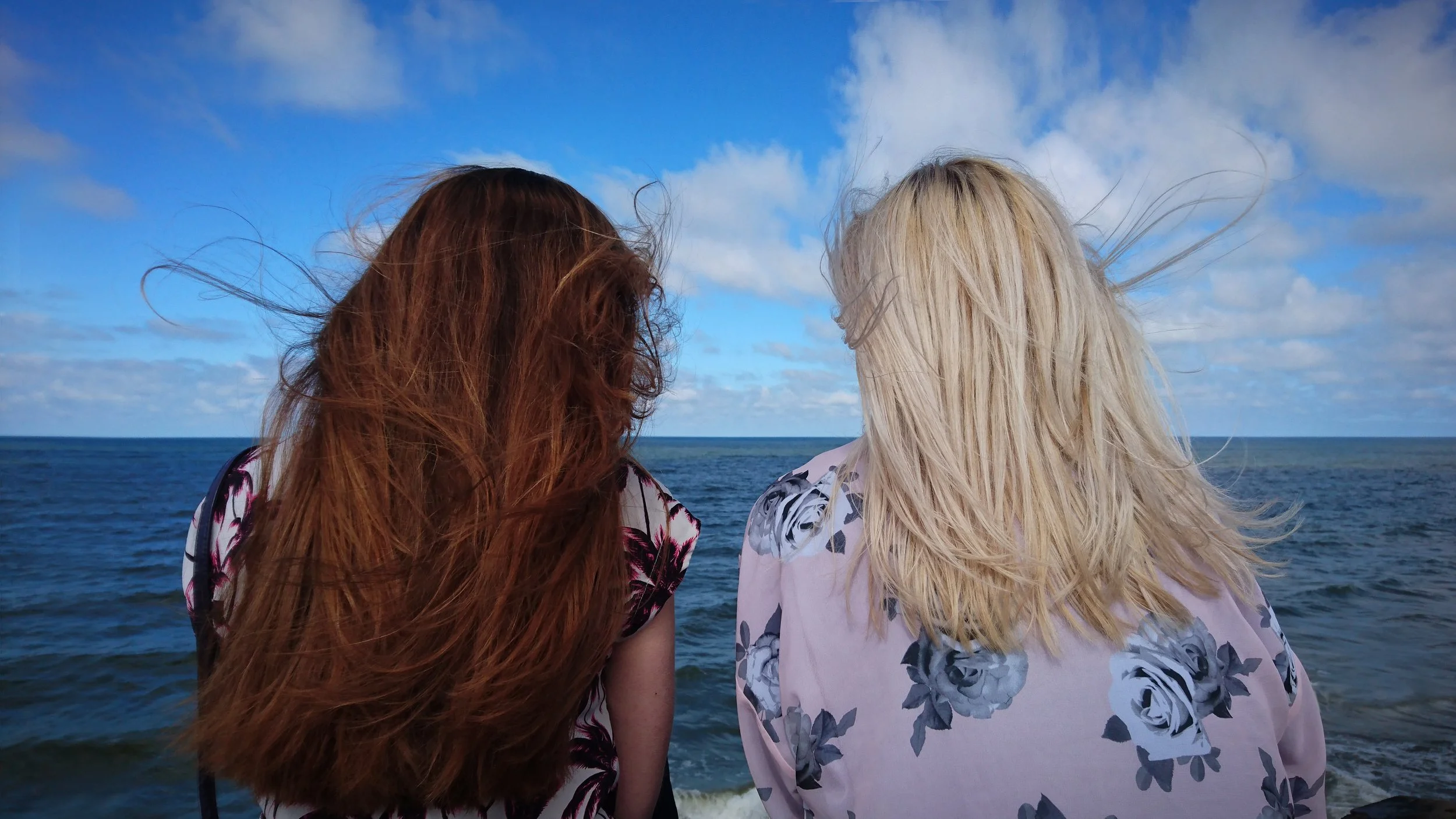Conversations on Involuntary Childlessness
Photo by Mārtiņš Zemlickis on Unsplash
I’m delighted to say that recently, I’ve been interviewed about counselling for childlessness by Jody Day for the Gateway Women website and by Eileen Kemp for Sussex Counselling. One of these will be reaching out to my childless sisters across the world and the other to counsellors who live and work in Sussex, UK.
My first interview
My first interview is to be found here: https://gateway-women.com/a-plan-b-interview-with-meriel-whale-becoming-a-counsellor-for-childlessness/
There’s a wealth of supportive blogs and articles on Jody’s website and favourites of mine include
https://gateway-women.com/10-tips-for-healing-from-the-heartbreak-of-childlessness/
https://gateway-women.com/honouring-your-experience-of-mothers-day/
A conversation on
My second interview, which I am hoping will inspire other counsellors to work well with childless clients, took place in November 2018 and was published this month:
Meriel Whale is a Lewes-based and online counsellor who specialises in working with people who are childless not by choice. In our first ‘A conversation on…’ feature, she tells Eileen Kemp about her personal experience of involuntary childlessness – and how therapy can help
Eileen: Is there a growing need for counselling around this issue?
Meriel: Infertility and childlessness is on the rise. Fertility clinics do offer counselling whilst you’re there, but once you’ve left there’s often nothing available for you. Also, why would you want to go back to the clinic which you associate with your failure to conceive? For those who have experienced stillbirth or miscarriage there are at least organisations like Sands. We need a sort of equivalent of Cruse for people who can’t have children.
Eileen: Why is this still a neglected area?
Meriel: People with children find it very painful to imagine life without them, and this applies to therapists as well. They have to think about how it would feel for them, and I think people with children find that very difficult. Another reason is because people want to fix it. A counsellor I mentioned this interview to today went straight away into advice giving mode such as “Have you thought of x? Why don’t you do x?” People push me towards having to tell them exactly what I’ve been through in terms of fertility treatments and adoption. This is also a very pro-natalist society, where mothers are venerated, which can make it even more difficult to cope with childlessness. And now we have fertility treatment, people have a misguided view that this is going to solve everything. For a lot of people it doesn’t work.
Eileen: Is this disenfranchised grief?
Meriel: Undoubtedly, as society isn’t encouraging you to talk about it. I’ve had close friends say to me, “isn’t it about time you got over this?” These feelings come and go in waves so I can be okay for a very long period of time but then something quite triggering will happen, it might be some celebrity pregnancy story. However, I’ve noticed now that every time the wave comes again it’s smaller than previously, which is helpful. What childless people have lost is a very powerful dream, the opportunity to fulfil a desire not just driven by society but also by our own genetics and biology. I remember saying to one of my friends when I was really grieving, “you’ve all been allowed to go to a country that I can never visit”.
Eileen: I think it’s interesting that in a workplace setting, counselling for bereavement can be offered, but not for the loss of something we may never have. What needs to happen to improve things?
Meriel: Instead of asking the very intrusive question, “Why don’t you have children?”, rather people might say, “would you like to talk about it?”. But I also think there’s a need for the listening to go both ways. I also think it’s really good for childless women to hear about the challenges of being a mother. We are fed this image that parenting is wonderful but I know that’s not always the case.
We can all learn a huge amount from each other. We need to let go of the “us and them” thing. There is also a greater role for support groups and forums.
Eileen: What can counsellors do?
Meriel: First and foremost, don’t try to ‘solve’ the clients’ problems. Focus on listening and understanding. Don’t expect the childless person to teach you about the experience, be willing to do your own research – there is an abundance of material out there on this subject. It is also very important that you are strong enough to show to your client you can take their rage and their grief and that you’re not going to be knocked down by it, because I think you can often fear, as a client, that this is so strong that if I start I won’t be able to stop. The counsellor has to be really able to hold this.
Eileen: What do you do for self-care?
Meriel: Having a good supervisor who looks at me as a whole person and not just as a counsellor is really important, and the blogging I do is very therapeutic because a lot of it is about my own journey. Spending time with my friends from Gateway Women is essential, and also just doing the occasional “how am I?” audit. Being around other childless people also makes all the difference, seeing what other people in the same situation are doing with their lives.
Eileen: What have you noticed about the emotional process for your clients?
Meriel: I can talk about my own journey, which has things in common with that of others. I think the grief model we are all very familiar with is a part of this journey, though there are unique aspects to it as well. Often in the early stages there can be what we call ‘magical thinking’ such as “if only I do this, this and this or if I had done this, this and this then I wouldn’t be in this position”. That can go into blaming and shame. People can often also get very angry, and anger can go inwards and go outwards. There can be a sense of impotence – which is actually quite interesting when you think of the word impotence: “there’s absolutely nothing I can do about this, it’s deeply unfair and it shouldn’t have happened to me and I am angry at the world and everyone in it”.
After this there’s a kind of ordinary sadness, which is quite a relief. You can begin to talk about the everyday sadnesses like being in the shops and seeing a mother with a baby and having the emotional strength to imagine what that might feel like – in the early days it’s too painful to be able to imagine.
Once I had been able to express my grief and loss and to talk about how ashamed I had felt, there was an unexpected certain amount of exhilaration. I suddenly thought, well actually, things could be ok. You can often be blindsided then by what feels like a relapse. I decided that I needed to do something quite creative to help me get over this, so I commissioned a childless friend of mine to make me a ring. When those feelings came up and I just could not accept that I would not have my sincerest desire to be a mother, I put those feelings into the ring. In a way, what I’m putting into my ring is the love that I would have had and I would have given to my child. It keeps it small and manageable so I can carry on being alive and enjoying my life but know that I have kept those feelings safe and I haven’t left them behind.
Eileen: Would you use this with a client?
Meriel: I’m very non-directive but I think that there are times as a counsellor that it is ok to say, “I’m just wondering if this might help you. If it would grate don’t worry about it”. So I do make gentle offerings or suggestions. So coming back to the question of process, yes, there is a process of acceptance and I’ve found my acceptance. I’ve forgiven myself for it, which might sound like a weird thing to say as I didn’t do anything wrong. I’ve forgiven other people. When you’re in the dark tunnel of loss you can feel that you will never get to that place and it’s reassuring to hear from other people who have come out the other side. So we need to have a sense that we can emerge. It’s about looking around and saying, ok, it looks like I’m sort of alive again.
Eileen: It sounds like a rebirth – did it feel like a rebirth?
Meriel: Yes, I’m not the same person as I was before I tried to have children. I’ve been on a journey that I think is as strong and powerful as the journey that any mother goes on, and I’ve come out the other side. It’s been transformational not having children in the way that having children can be transformational.

